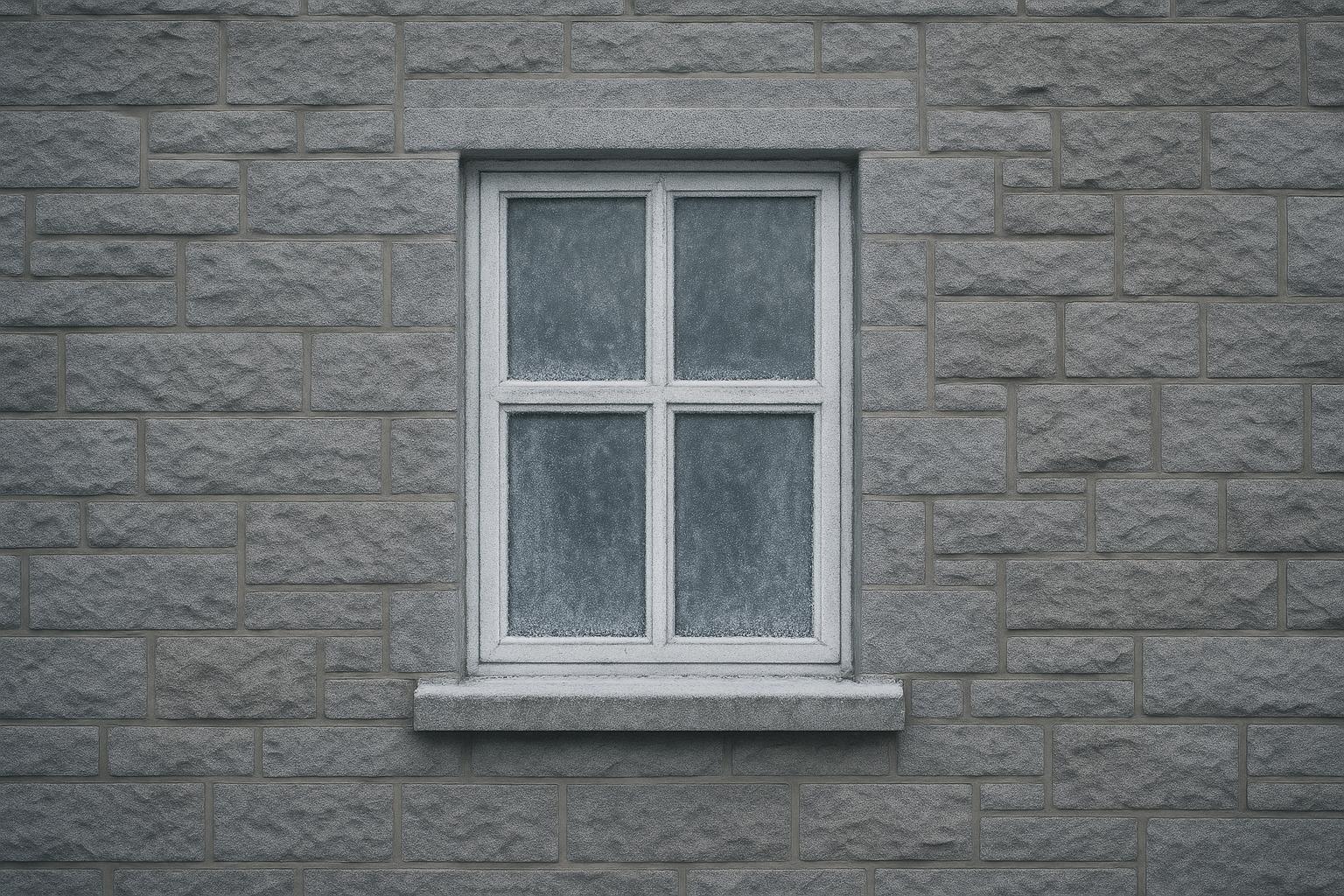Liverpool-based housing group Riverside has launched an ambitious £72 million retrofit programme designed to enhance the energy efficiency of more than 3,000 homes across several UK regions, including Liverpool, Halton, Carlisle, the Langley estate in Middleton, and Enfield in London. The project is supported by £36 million from the Government’s Warm Homes Social Housing Fund (Wave 3), with Riverside providing matched funding to deliver a range of home improvements. These include cavity wall insulation, solar panel installations, roof modifications, external wall insulation, double glazing, and new doors—all aimed at achieving Energy Performance Certificate (EPC) Band C standards. The works are expected to commence in early October.
This latest initiative follows Riverside’s prior successes under Wave 2.1 of the retrofit programme, which received £26 million in funding and brought energy efficiency upgrades to over 1,000 homes in the same areas, with WPS, part of The Wates Group, continuing as the main contractor. Riverside’s chief property officer, Ian Gregg, emphasised the programme’s significance, stating that it marked a “major step” toward the group's goal of ensuring all homes meet energy efficiency targets by 2030. Gregg highlighted the direct benefits to residents, including warmer, more comfortable homes with reduced energy bills, addressing issues of fuel poverty.
The retrofit partnership also aligns with broader governmental objectives under the Warm Homes: Social Housing Fund Wave 3, a £1.29 billion programme running from 2025 to 2028, designed to upgrade social housing properties across England to meet EPC Band C standards. The government fund supports energy efficiency measures to reduce carbon emissions, tackle fuel poverty, and improve tenant well-being. Wave 3 has allocated funding across 144 projects, combining strategic partnerships and challenge fund initiatives, as part of the UK’s commitment to decarbonise social housing and promote sustainable living environments.
WPS executive managing director David Morgan noted that the programme's impact extends beyond building improvements, emphasising the social and economic benefits of warmer, more affordable homes. According to Morgan, the upgrades will foster better health outcomes and help residents thrive while supporting Riverside’s net-zero goals. The initiative will also create opportunities for local employment and community engagement, reinforcing the social value of large-scale retrofit work.
Other social housing providers are similarly capitalising on the Warm Homes fund. For example, Progress Housing Group has secured over £3 million in grants to invest in over 400 energy-efficient homes within the Liverpool City Region Combined Authority consortium. Additionally, Lincolnshire Housing Partnership has been allocated more than £5 million in funding, matching this amount to deliver a £10 million investment targeting similar energy-saving improvements. These projects, running through to 2028, reflect a sector-wide commitment to elevating housing standards, reducing carbon footprints, and tackling fuel poverty at scale.
This widespread adoption of retrofit programmes across diverse regions highlights the growing recognition of the importance of energy-efficient housing in achieving national climate and social goals. By building on previous retrofit successes and increasing the scale of investments, housing associations like Riverside are positioning themselves at the forefront of the transition to a more sustainable and affordable housing future.
📌 Reference Map:
- Paragraph 1 – [1], [4]
- Paragraph 2 – [1]
- Paragraph 3 – [2], [3], [4]
- Paragraph 4 – [1]
- Paragraph 5 – [5], [6]
- Paragraph 6 – [1], [2], [3]
Source: Noah Wire Services
